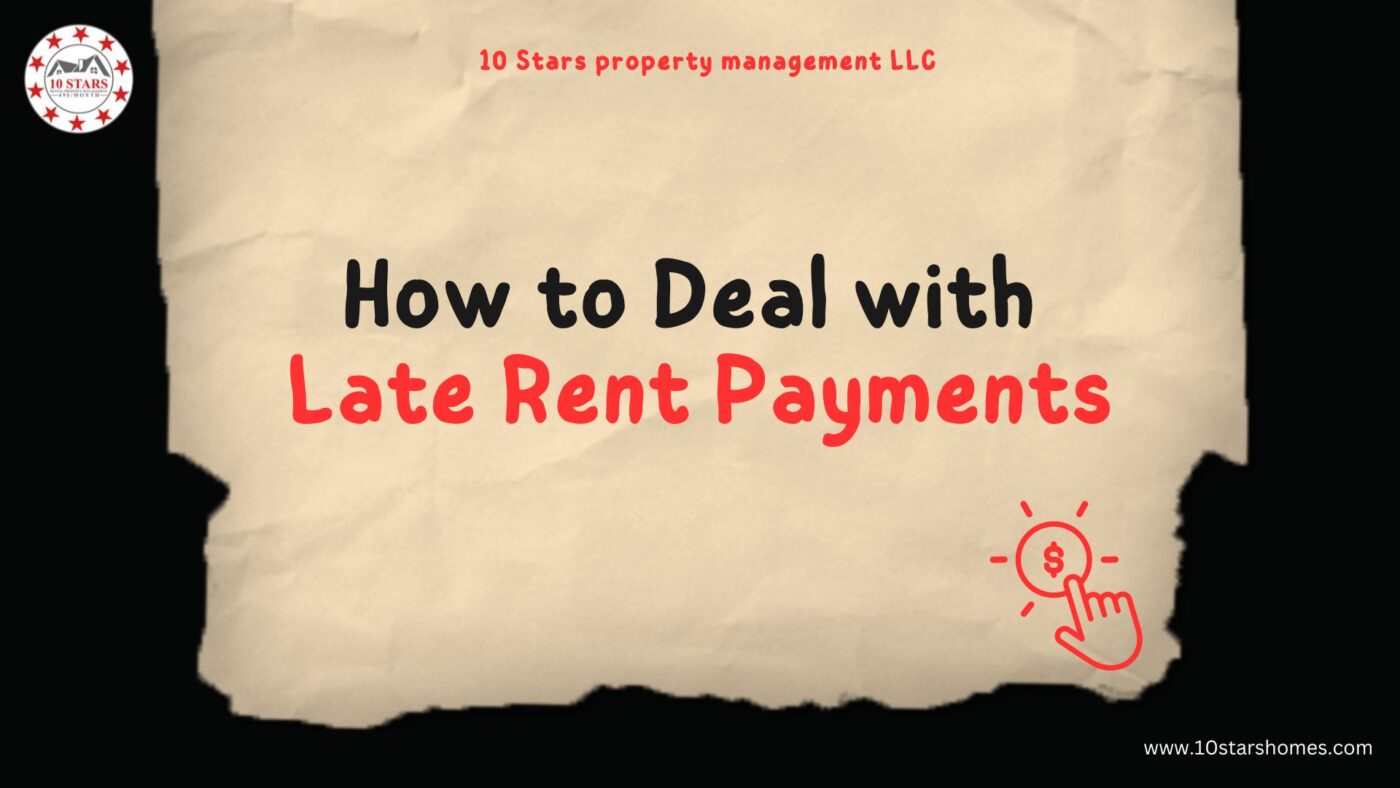Despite the fact that renting out your property can be a rewarding investment, there are several challenges to be aware of. Late rent payments are among the most frequent problems landlords encounter. If left unattended, late payments can throw off your budget, damage your relationship with your tenants, and even trigger eviction procedures. This guide will cover practical methods for handling overdue rent payments, assisting you in preserving a positive landlord-tenant relationship while safeguarding your investment.
Chapter 1: Prevention is Key
1.1. Screen Tenants Carefully
- The importance of tenant screening
- Credit checks, references, and interviews
1.2. Set Clear Rent Expectations
- Writing a detailed lease agreement
- Highlighting rent due dates and late fees
1.3. Establish Open Communication
- Creating a welcoming environment for tenants to discuss financial issues
- Providing multiple payment methods for convenience
Chapter 2: The Grace Period Approach
2.1. Define a Grace Period
- Explaining what a grace period is
- Setting a reasonable timeframe for late payments
2.2. Communicate Expectations
- Clearly stating the grace period in the lease agreement
- Sending reminders as the due date approaches
2.3. Implement Late Fees
- How to calculate and enforce late fees
- Using late fees as a deterrent
Chapter 3: Diplomatic Communication
3.1. Understand the Reasons
- Common reasons for late payments (e.g., financial hardship, forgetfulness)
- Encouraging tenants to communicate their challenges
3.2. Approach with Empathy
- Maintaining a respectful and understanding demeanor
- Offering assistance if possible
3.3. Drafting a Payment Plan
- Collaboratively creating a repayment plan
- Ensuring the plan is legally binding
Chapter 4: Legal Recourse
4.1. Eviction as a Last Resort
- Knowing the eviction laws in your jurisdiction
- Legal process and potential consequences
4.2. Serve a Notice
- Types of notices for late rent
- Following proper legal procedures
4.3. Mediation and Arbitration
- Alternative dispute resolution methods
- How they can save costs and save time
Chapter 5: Mitigating Late Rent Risks
5.1. Emergency Fund
- The importance of having a financial buffer
- Preparing for unexpected late payments
5.2. Landlord Insurance
- Understanding landlord insurance coverage
- How it can protect you from financial losses
5.3. Legal Consultation
- When to seek legal advice
- How an attorney can help with complex cases
Chapter 6: Consistency and Documentation
6.1. Keep Accurate Records
- Why thorough record-keeping is essential
- What to document (e.g., payment receipts, communication)
6.2. Maintain Consistency
- Treating all tenants equally
- Avoiding selective enforcement of policies
6.3. Review Lease Agreements
- Periodic lease reviews and updates
- Incorporating lessons learned from past experiences
Chapter 7: Building Positive Tenant Relationships
7.1. Reward On-Time Payments
- Incentives for punctual rent payments
- Encouraging good behavior
7.2. Communicate Effectively
- Regular check-ins with tenants
- Addressing concerns promptly
7.3. Renew Leases Wisely
- Evaluating tenant performance at lease renewal time
- Deciding whether to renew or not
Conclusion
One of the most difficult aspects of being a landlord is dealing with late rent payments, but with the appropriate tactics and a proactive attitude, you can reduce these problems and have good connections with your tenants. Prevention, clear communication, empathy, and a willingness to explore alternatives are key to resolving late payment problems effectively. You can make a more reliable and successful rental property investment by heeding the recommendations provided in this comprehensive manual. Remember that fairness, respect, and trust are the foundation of successful rental property management.

